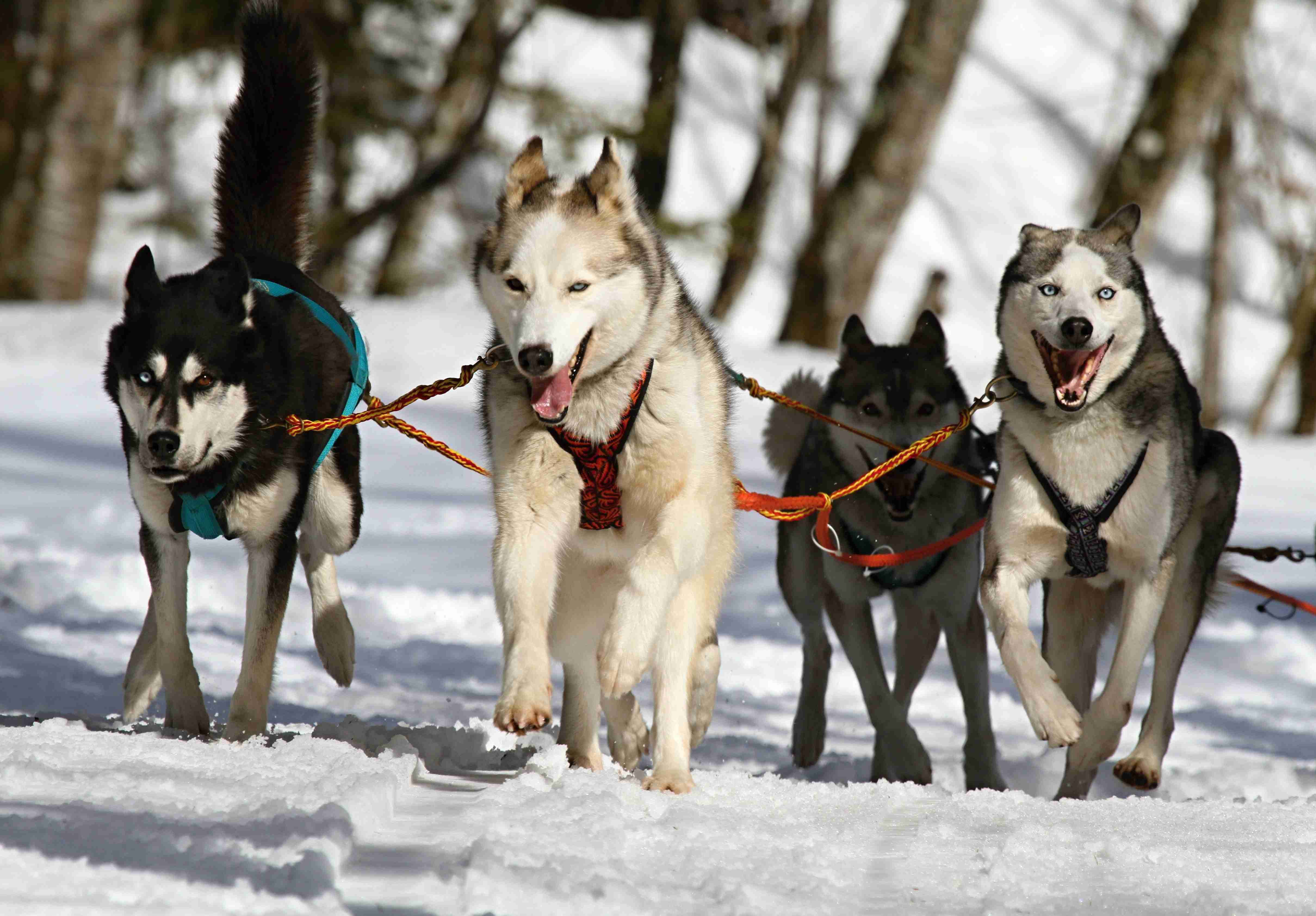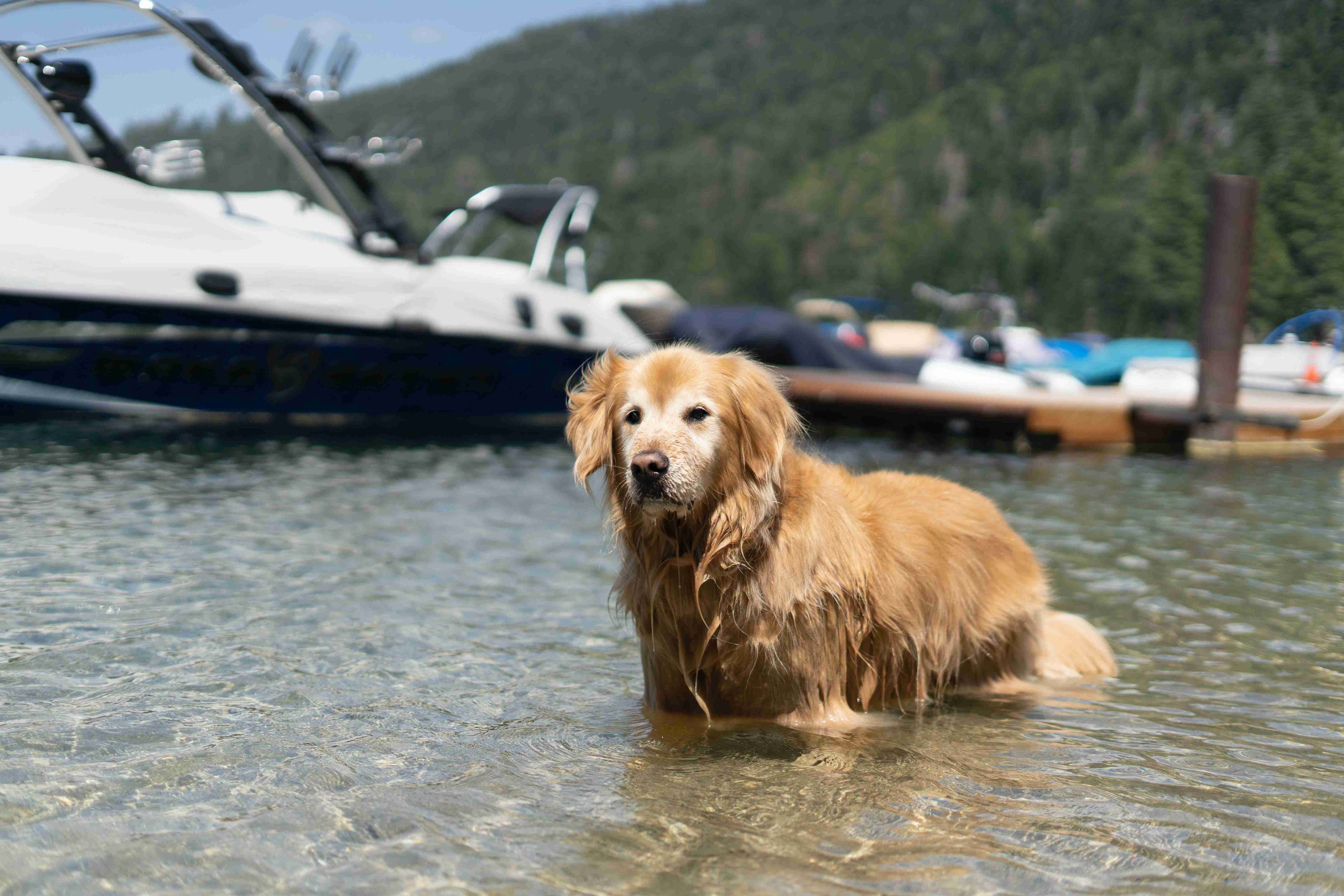Dogs are more than just pets; they’re members of our families. As pet owners, we want to give our furry friends the best life possible. From feeding them the best food to taking them on daily walks, we do everything we can to keep them healthy and happy. But did you know that dogs can get skin cancer, just like humans? It’s true, and it’s important to know the signs and symptoms so you can protect your furry friend. In this blog post, we’ll explore everything you need to know about skin cancer in dogs, including how to prevent it, how to spot it, and what to do if your dog is diagnosed. So, let’s dive in and learn how to keep our furry friends safe and healthy!
As pet parents, we all want to keep our furry friends healthy and happy. However, when it comes to skin cancer in dogs, many pet owners are unaware of the risks and how to protect their pets. Skin cancer is one of the most common types of cancer in dogs, and it can be a serious and life-threatening condition if left untreated. In this blog post, we will discuss everything you need to know about skin cancer in dogs, including the causes, symptoms, and treatment options.
Causes:
Skin cancer in dogs can be caused by a variety of factors, including genetics, exposure to sunlight, and environmental pollutants. Certain dog breeds, such as Dalmatians, Bull Terriers, and Boxers, are more susceptible to developing skin cancer due to their genetics. Additionally, dogs with light-colored coats and thin hair are more likely to get skin cancer from sun exposure.
Symptoms:
The symptoms of skin cancer in dogs can vary depending on the type and severity of the cancer. Some common signs of skin cancer in dogs include:
– Sores or lumps that do not heal
– Scaly or crusty patches on the skin
– Redness or inflammation of the skin
– Changes in the color or texture of the skin
– Itching or bleeding from the affected area
If you notice any of these symptoms in your dog, it is important to take them to the vet right away.
 - Copy.jpg)
Diagnosis:
If your vet suspects that your dog has skin cancer, they will perform a series of tests to determine the type and severity of the cancer. These tests may include blood work, X-rays, and biopsies of the affected area. Once the cancer has been diagnosed, your vet will develop a treatment plan based on the type and severity of the cancer.
Treatment:
The treatment for skin cancer in dogs will depend on the type and severity of the cancer. In some cases, surgery may be necessary to remove the cancerous cells or tumors. Other treatment options may include chemotherapy or radiation therapy. Your vet will work with you to develop a treatment plan that is best for your dog.
Prevention:
While there is no guaranteed way to prevent skin cancer in dogs, there are steps you can take to reduce the risk. These include:
– Limiting your dog’s exposure to sunlight during peak hours
– Using pet-safe sunscreen on your dog’s skin and nose
– Providing your dog with plenty of shade and fresh water
– Checking your dog’s skin regularly for any changes or abnormalities
– Keeping your dog’s coat clean and well-groomed
Skin cancer in dogs is a serious condition that can be life-threatening if left untreated. As pet parents, it is important to be aware of the causes, symptoms, and treatment options for skin cancer in dogs. By taking steps to prevent skin cancer and getting your dog regular check-ups with the vet, you can help keep your furry friend healthy and happy for years to come.
In conclusion, skin cancer is a serious issue that can affect dogs of any breed or age. As responsible pet owners, it’s crucial to take preventative measures to protect our furry friends from the harmful effects of the sun. By following the tips outlined in this article, you can help reduce the risk of skin cancer in your dog and ensure that they stay healthy and happy for years to come. Remember, early detection is key, so if you notice any unusual lumps or bumps on your dog’s skin, be sure to consult with your veterinarian right away. Together, we can keep our pups safe from the dangers of skin cancer and enjoy many more happy years with our beloved companions.


%20-%20Copy.jpg)

.jpg)
.jpg)
%20-%20Copy.png)

%20-%20Copy.jpg)